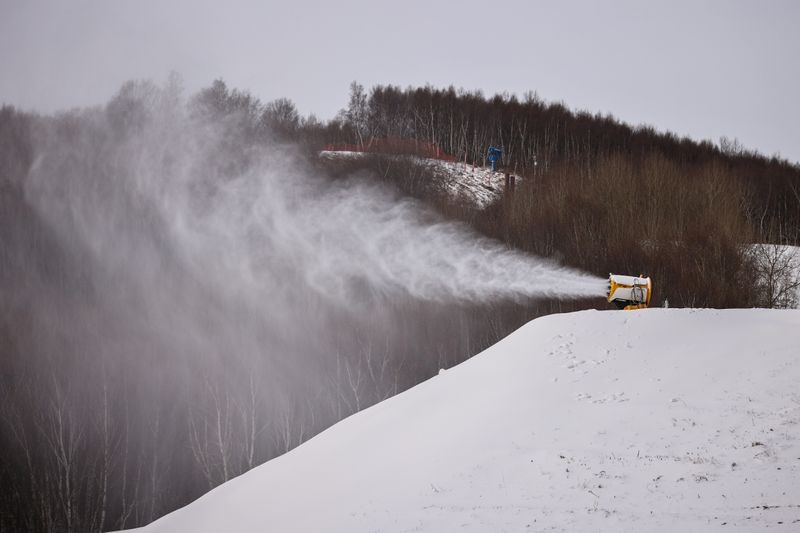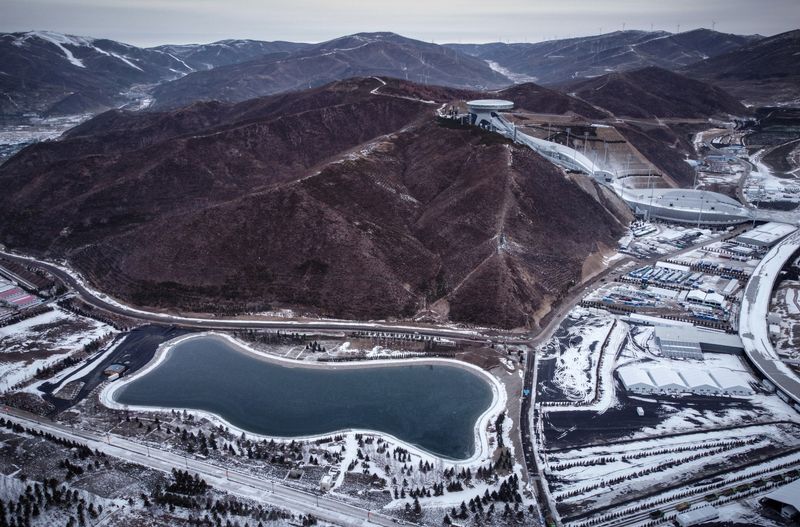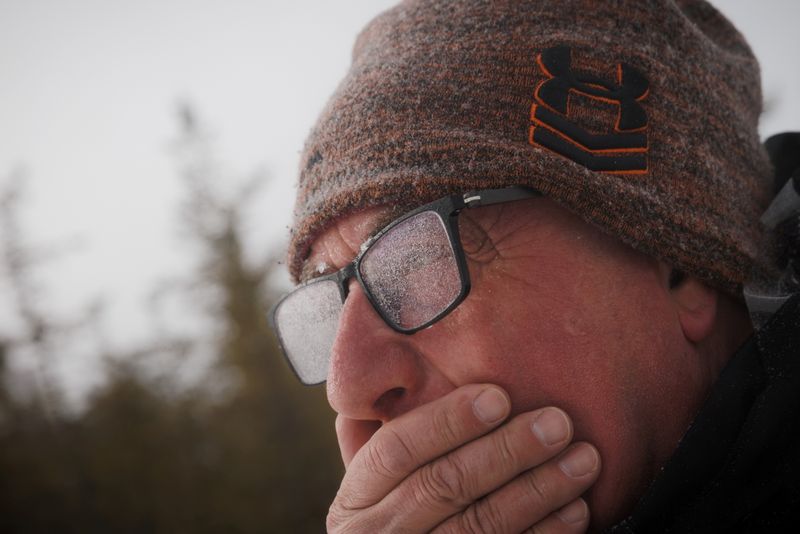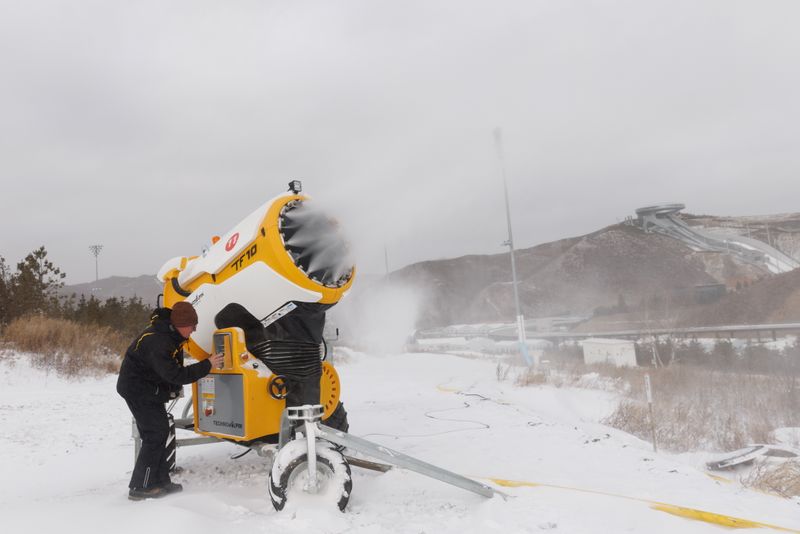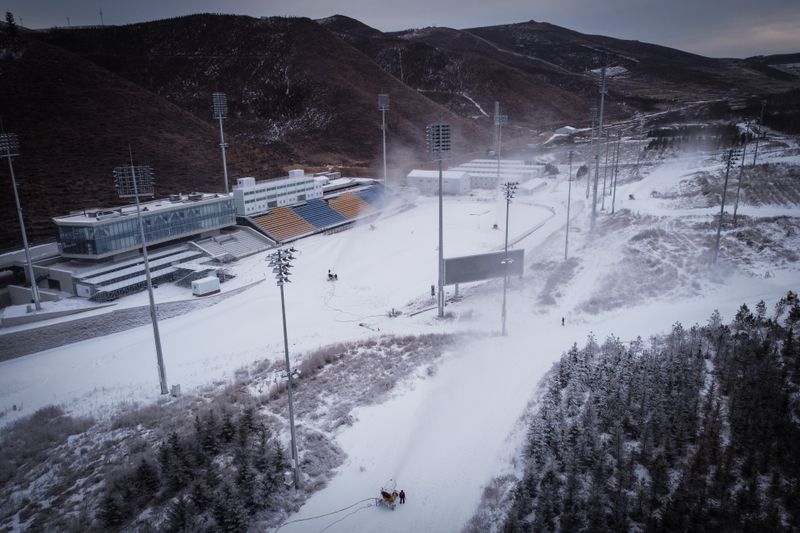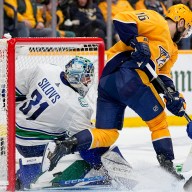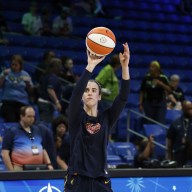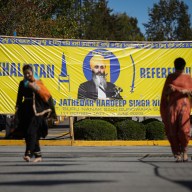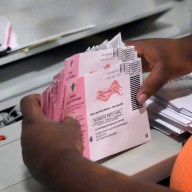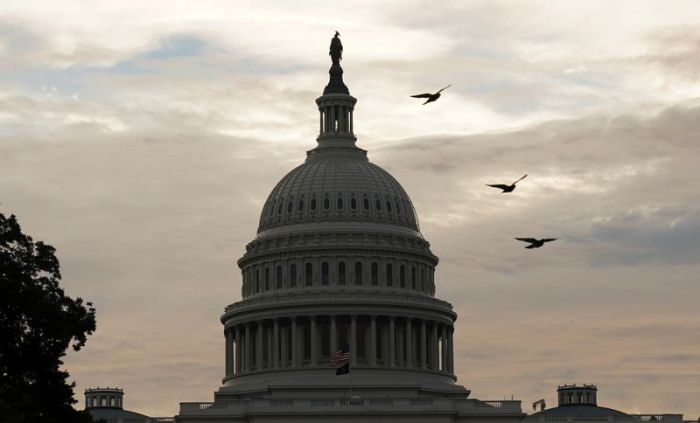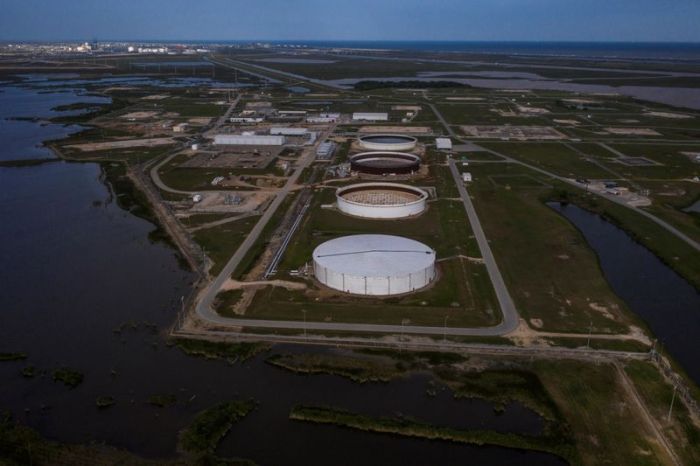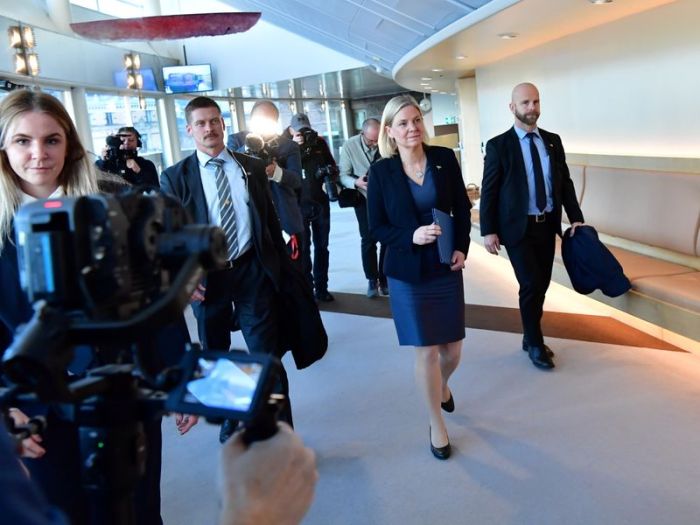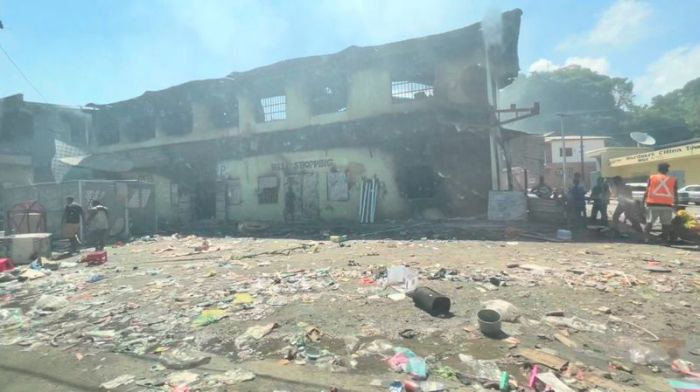ZHANGJIAKOU, China (Reuters) – Jacques Fournier extends a parka-clad arm, hoping to catch a snowflake on his sleeve to check its quality.
The wind is too strong for it to stick.
“The operator has to follow the wind direction all the time,” said Fournier, his face reddened by the wind and cold, as he stood near a whirring TechnoAlpin TF10 snow gun on what will be the cross-country skiing course for the Winter Olympics in February.
Fournier, 60, leads a team responsible for ensuring that the snow is properly made on the trails, ramps and slopes in the arid heights of Zhangjiakou, nearly 200 km (120 miles) northwest of Beijing in Hebei province. The area will host Olympic events including freestyle skiing and snowboarding, cross country and ski jumping.
His employer, Italy’s TechnoAlpin, says it has 60% of the global snowmaking market and has worked on seven of the last eight Winter Olympic Games.
Competition snow requires a higher density than recreational snow to meet the requirements of the FIS, professional skiing’s governing body, and to ensure conditions are consistent for each competitor.
The snow at Zhangjiakou saw its first competitive test of the season last week when the FIS held ski and snowboard cross World Cup events.
On a recent day that was especially cold and blustery, TechnoAlpin’s yellow snowguns sprayed water at 2.1 litres per second that froze instantly in -11 Celsius (12 Fahrenheit) temperatures.
A dusting of snow the previous night aided the effort.
Zhangjiakou receives relatively little natural snow, which since Beijing was awarded the Games in 2015 has raised concerns among environmentalists about how much water is used to make it. Alpine skiing events will take place at the National Alpine Ski Centre at Yanqing in Beijing, which gets even less snow.
Games officials say conservation efforts will minimise the impact of water use during the Games.
Fournier, who is Swiss and has been making snow since 1994, said the arid climate requires adjustments to ensure the snow is not blown away while it is being made. Snow water for the cross-country track and other facilities is stored in a nearby reservoir.
“The main challenge is to make the snow as wet as possible in the drier local conditions to keep it on the track, control the evaporation during the snow production and make sure to store it in the track as compactly as possible,” he said.
(Reporting by Tony Munroe and Thomas Suen; Editing by Karishma Singh and Gerry Doyle)

